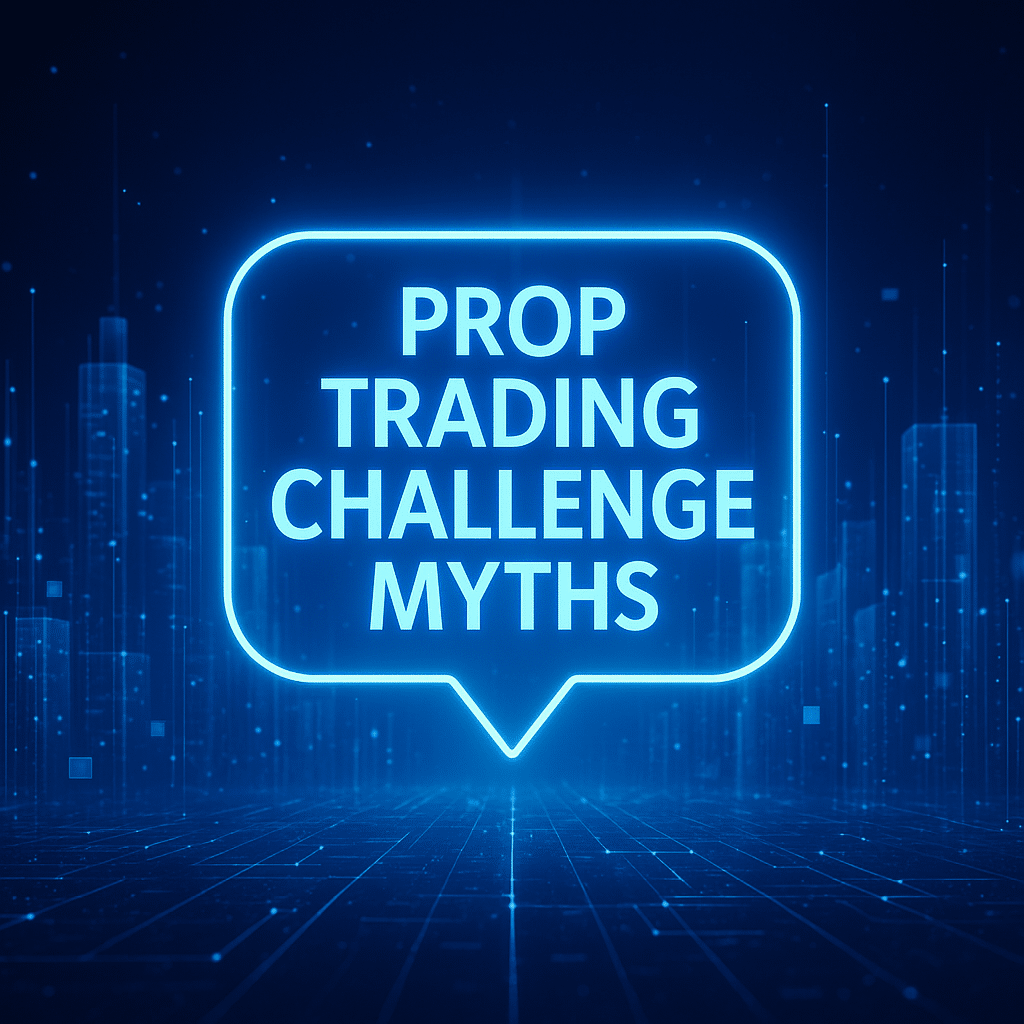Debunking the Biggest Myths About Prop Trading Challenges
Understanding the reality of proprietary trading challenges is essential for every trader seeking a funded account. Over time, a wide range of misconceptions has spread across trading communities, leading to a distorted view of how these challenges work. In this article, we’ll expose and debunk the most common prop trading challenge myths, offering clarity and accurate information about how professional firms like Larsa Capital structure their evaluation process.
What Are Prop Trading Challenges?
Before diving into the myths, it’s important to recognize that challenges are structured evaluations designed to assess a trader’s discipline, emotional stability, and capital management. Funded accounts are not given out randomly — traders must pass through clear, rule-based phases that protect company capital while motivating responsible trading behavior.
Myth 1: “Prop trading challenges are impossible to pass”
This is one of the most widespread prop trading challenge myths and is often fueled by individual cases where traders failed to follow the rules or lacked a solid trading plan. In truth, these challenges are designed to be fair. Traders are given ample space to meet targets without exceeding risk thresholds. When proper risk management is applied — such as using smart stop-loss strategies — passing the challenge becomes a realistic goal.
Myth 2: “Funded accounts are revoked after passing the challenge”
This myth often stems from isolated cases involving unreliable providers. At Larsa Capital, the rules are clearly defined from the outset, and an account is only revoked if a trader explicitly violates the challenge terms—such as exceeding the maximum loss limit or placing trades during restricted news periods. Transparency is key, and every action is documented within the platform.
Myth 3: “Profits earned during the challenge will be deducted later”
This is inaccurate. Profits generated during the challenge are not deducted — they serve purely as a performance metric. Once the trader completes both evaluation phases and receives a verified account, withdrawals can be made every two weeks. The trader retains 80% of the net profit, provided the withdrawal amount is at least 1% of the initial account balance. This structure ensures that the trading journey is both sustainable and rewarding.
Myth 4: “Success in the challenge is just luck”
While market surprises can occur, relying on luck is not a valid strategy. Successful traders are those who stick to their plans, control their emotions, and operate with professionalism. Therefore, passing a challenge is not about luck — it’s the result of consistency, skill, and disciplined execution.
Myth 5: “Challenge rules change after payment”
This is another common prop trading challenge myth that causes unnecessary concern. However, with reputable institutions like Larsa Capital, all rules are clearly outlined before purchase. No changes are made unless officially announced in advance. Traders can always access the terms through their dashboard and rest assured that no surprise modifications will occur.
How to Handle These Myths Like a Pro
To avoid falling for misleading information, here are some professional tips:
-
Read the terms carefully – Don’t rely on hearsay. Always refer to the company’s official website.
-
Practice beforehand – Use a demo account to refine your strategy before entering a challenge.
-
Focus on consistency, not speed – There’s no need to hit targets on day one. Sustainable performance is more valuable than quick gains.
-
Monitor your mindset – Discipline and self-awareness are often more important than market analysis.
-
Choose a trusted firm – Larsa Capital is a reliable example of a transparent, rule-based funding model.
Conclusion
Proprietary trading offers a powerful opportunity for committed traders. However, success depends heavily on separating facts from fiction. With so many circulating prop trading challenge myths, traders must rely on accurate sources and verify information before forming conclusions. Challenges are not designed to defeat traders — they exist to uncover talent and reward those who meet the standards.

